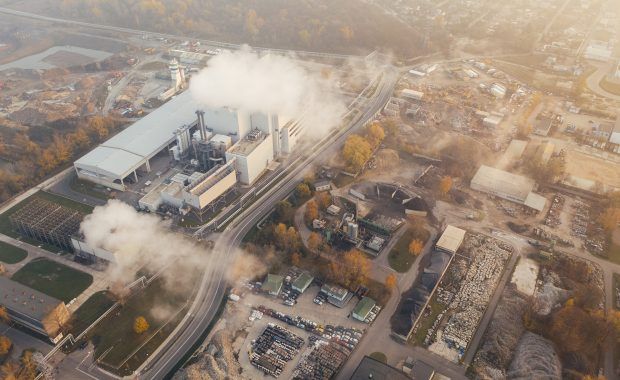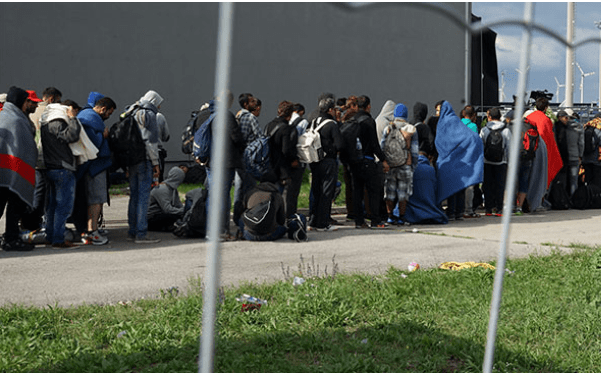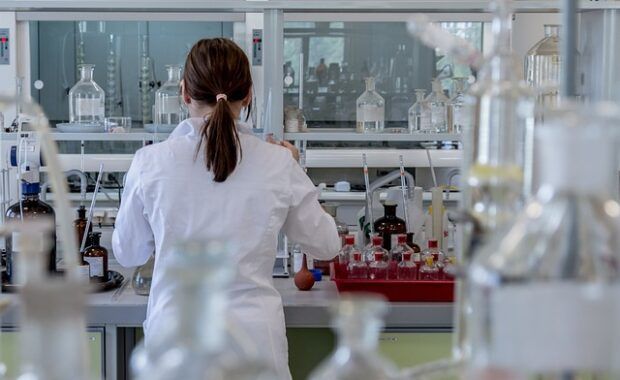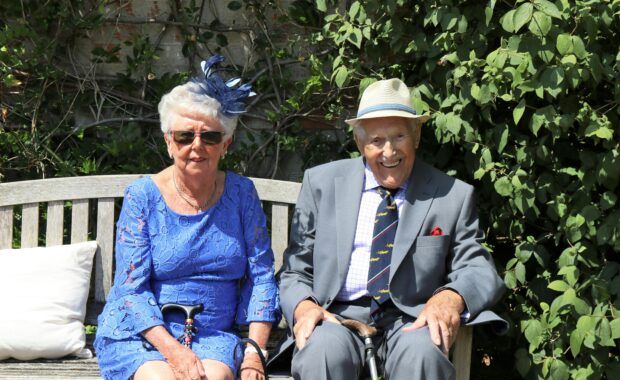The Council adopted a landmark reform of the European asylum and migration system. This establishes a set of rules that will help to manage arrivals in an orderly way, create efficient and uniform procedures and ensure fair burden sharing between member states. Complete overhaul of EU asylum and migration system The Council today adopted in […]
Read MoreEuropean Citizens’ Initiative on taxation of greenhouse gas emissions
The European Commission decided to register a European Citizens’ Initiative (ECI) entitled ‘Save the Planet by shifting taxation from labour to greenhouse gas emissions’. The organisers of the initiative call on the Commission to strengthen the Fit for 55 Package and the EU carbon pricing system by setting a faster phase-out of free allowances and allowing […]
Read MoreWhat is the relationship between gender equality and financial independence?
Social media platforms currently are witnessing a growing and concerning trend that sees traditional gender roles glorified while questioning the need for women’s financial independence. EIGE’s new report ‘Financial independence and gender equality: joining the dots on income, wealth and power’ offers a compelling perspective into why financial independence remains critical for women and men. And what we […]
Read MoreEuropean Commission publishes analysis on social convergence in Spain in the context of the European Semester
The Commission has published a detailed country analysis on employment, skills and social inclusion for Spain and six other Member States (Bulgaria, Estonia, Italy, Lithuania, Hungary and Romania), detailing the results of the social convergence framework. This more detailed analysis is based on the findings of the Joint Employment Report 2024, which includes the first […]
Read MoreImmigration law enforcement in the EU: 2023 figures
In 2023, 118 935 non-EU citizens were refused entry into the EU territory at one of its external borders, a 16% decrease compared with 142 420 in the previous year. An additional 1.27 million people were found to be illegally present in one of the EU countries, indicating a 13% increase compared with 1.12 million in 2022. This information […]
Read MoreDo we trust all types of scientists equally? CORDIS answers
New research sheds light on how much trust people have in different types of scientists. Trust in research goes hand in hand with those who carry it out. If the public trusts the research, then that is another way of saying it trusts the scientists behind it. And it’s this trust that helps scientists influence […]
Read MoreCouncil adopts first-ever EU law on violence against women
The Council has given the green light to an EU directive to combat violence against women and domestic violence. Taking decisive action against these acts of violence is essential to ensure the values and fundamental rights of equality between women and men and of non-discrimination. The law requires all EU countries to criminalise female genital […]
Read MoreEurostat: Spain recorded the highest life expectancy in the EU in 2023
According to preliminary 2023 data, life expectancy at birth in the EU was 81.5 years, up by 0.9 years from 2022, and 0.2 years compared with the pre-pandemic level in 2019. This information comes from the provisional data on life expectancy published by Eurostat. In 15 countries, life expectancy exceeded the EU average, with the highest life expectancy recorded for […]
Read MoreCommission launches first-stage consultation of social partners on fair telework and the right to disconnect
The Commission launched the first-stage consultation of European social partners to gather their views on the possible direction of EU action on ensuring fair telework and the right to disconnect. Telework has become widespread, especially since the COVID-19 pandemic. The EU Labor Force Survey shows that the overall proportion of people working from home in the EU has almost doubled […]
Read More








